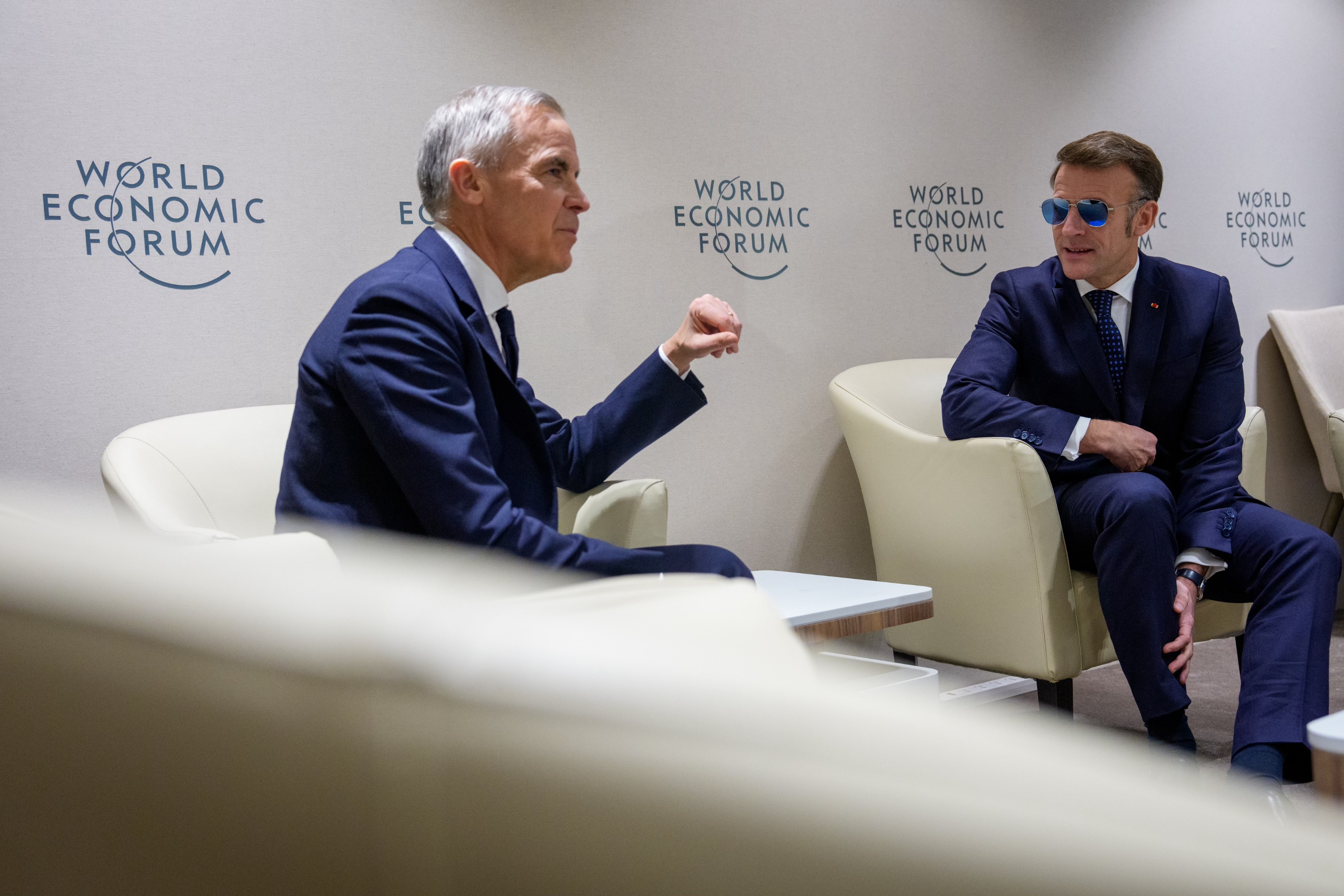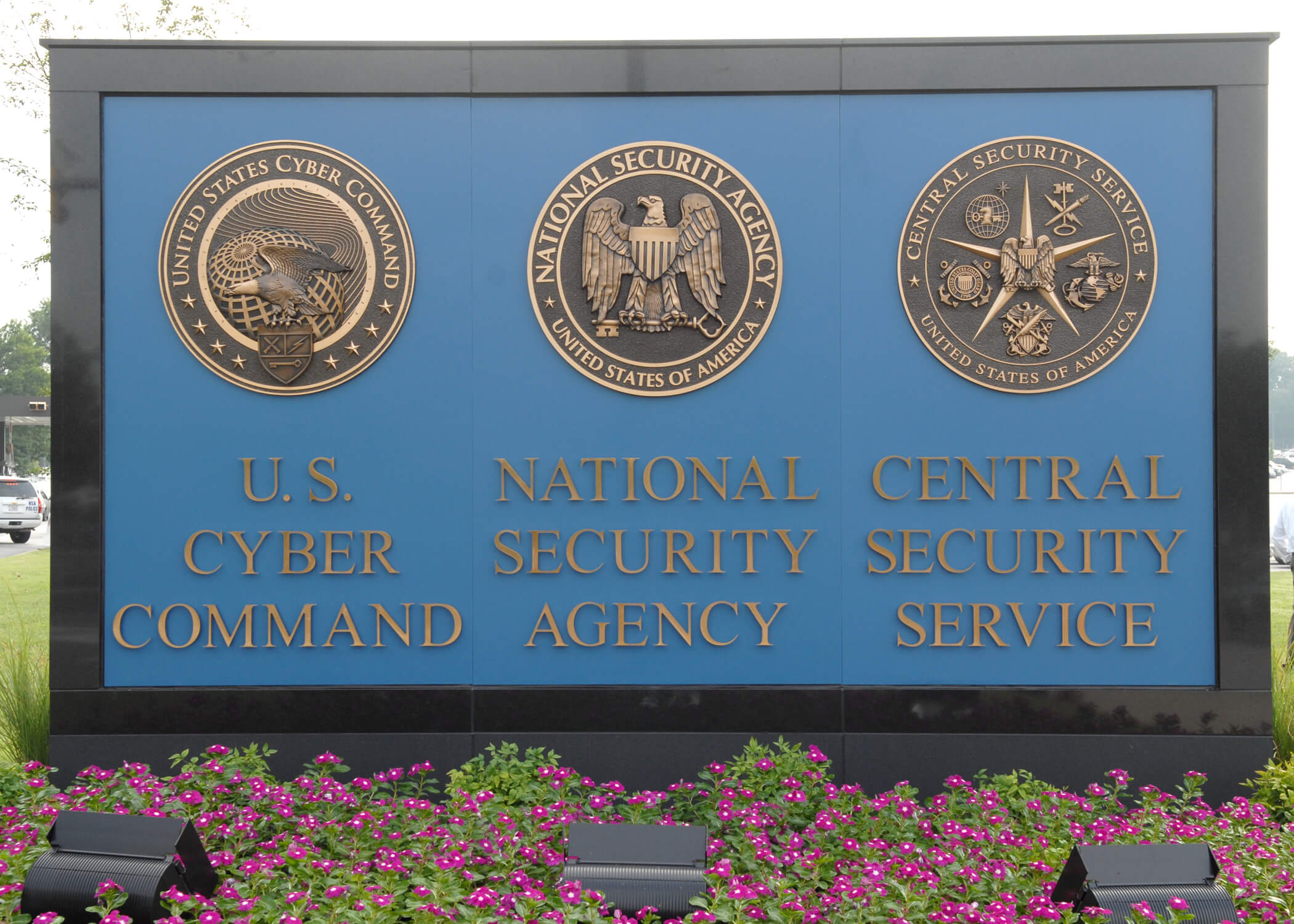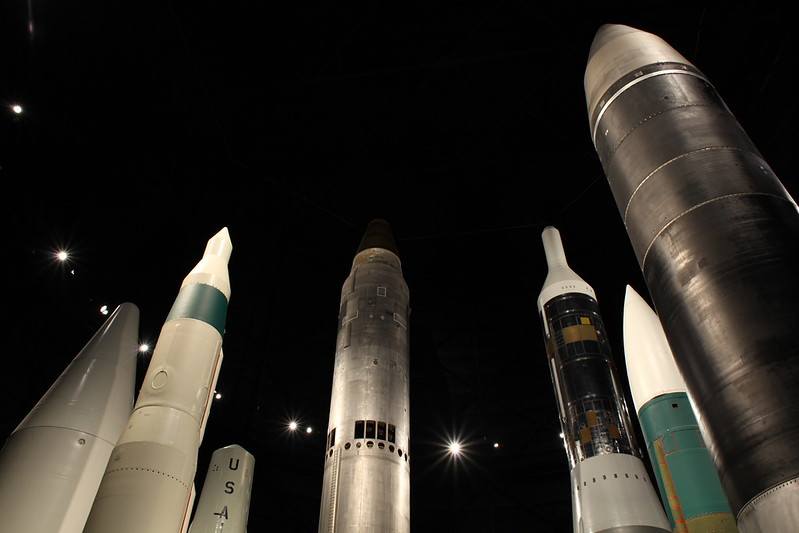Crocodile Tears
The Nigerian Army last week reportedly destroyed scores of illegal oil refineries and militant camps in the Niger Delta in a campaign to root out militants responsible for a spate of attacks on oil infrastructure this year which have devastated Nigerian oil production. During the campaign, Operation Crocodile Smile, the government also allegedly captured Isaac Romeo, the leader of the Niger Delta Avengers, one of the main groups behind the attacks.
According to Voice of Africa, the military’s activities could derail a tenuous truce which emerged in August between the government and the Niger Delta Avengers. Indeed, the mistrust between those who live in the Niger Delta and the government runs deep, and many in the region feel neglected by the central government, lack access to electricity and water, and are generally underserved. They also feel their resources are being taken for the enrichment of others, a grievance the Avengers have taken on as their mantle.
However, while the Avengers are perhaps the most well known perpetrators at the moment, they are not the only militant group in town. A group calling itself the Niger Delta Greenland Justice Mandate has allegedly responded to the military campaign with renewed violence, targeting an oil pipeline in a counteroffensive referred to as Operation Crocodile Tears.
This could dim hopes of an oil comeback in Nigeria, where production has fallen to its lowest levels in 20 years. While Bloomberg and others predict that Nigerian output will rise thanks in part to the resumption of crude exports by Exxonmobil, the U.S. Energy Information Administration predicts production from the country will remain low through the remainder of 2016.
The situation is exacerbating Nigeria’s security woes as the country grapples with an ongoing insurgency mounted by Boko Haram, which recently released a video threatening to kill President Buhari and the country's army chief. Meanwhile, deteriorating security in the country’s south resulted in elections being postponed in the state of Edo.
It is also making a bad economic situation worse. Falling production, in combination with low oil prices, has also contributed to the dire state of Nigeria’s domestic airlines. Deutsche Welle reports that a shortage in gasoline, together with dwindling foreign currency with which to import, is causing flight delays and has forced two domestic carriers to suspend operations.
Exports or Expropriation
Earlier this week, Libyan General Khalifa Hifter seized another oil port in Brega, bringing the total number of Oil Crescent facilities under his control to four. Hifter’s forces seized the facilities from the Petroleum Facilities Guard (PFG), a militia which allied itself with the U.N. backed Government of National Accord (GNA) in recent months. Hifter’s forces are allied with the eastern parliament, based in Tripoli, and many assume Hifter is trying to use the facilities as leverage in negotiating his future role in the country.
For his part, Hifter announced that the facilities would be turned over to the National Oil Company (NOC), an offer the NOC has since accepted. The company pledged to immediately resume exports and will reportedly load 600,000 barrels of crude for shipment at Ras Lanuf this week. This would be the first crude cargo from Libya in almost two years, and NOC Chairman Mustafa Sanallah stated that production could more than double over the next month.
The follows the NOC’s move to lift force majeure on all Oil Crescent ports, a legal protection in place to shield companies unable to fulfill contractual obligations due to unforeseen events which might disrupt production. The PFG, which formerly maintained control over Libya’s oil facilities, had recently announced plans to resume exports on September 18. While presumably protecting the facilities, the PFG has also been accused of blocking exports and using oil as a bargaining chip.
Despite these developments, the legality of such exports remains in question. The debate over who has the right to export Libya’s oil is tied to the larger debate over political legitimacy, and the U.S. and major European powers were quick to condemn Hifter’s takeover and continue to call for the enforcement of UN resolution 2259 against illicit exports of oil.
Even as oil is potentially being loaded and shipped, many worry that while Hifter’s forces claim to be turning the facilities over to the NOC, the seizure may be part of a plan to disrupt and undermine export potential and thus the GNA. These diverging opinions have yielded contrasting analyses. While Bloomberg reported that “Libya’s Oil Comeback Derailed as Former General Seizes Ports,” Moutaz Ali argued in Oil Price that the move “unified a great deal of Libyan politics overnight” and that Hifter liberated the facilities from the PFG, who have been holding exports hostage.
In Memoriam...
A country at the heart of Central Asia’s once famous Great Game of energy and geopolitics lost its leader. Earlier this month, Islam Karimov, long time strongman and president of Uzbekistan passed away. His successor is as of yet unknown, but expected to be Prime Minister Shavkat Mirziyaev, the recently appointed interim head of state. However, absent clear protocols and given that the country has not experienced political transition since the fall of communism, the country’s stability is being watched by many, including major energy players Russia and China.
While Uzbekistan is not necessarily an energy giant (although it is the third largest gas producer of the countries comprising the former Soviet Union), crucial pipelines criss-cross its territory, as do rivers utilized for regional power production. Gas from Tajikistan to China transits the country, making it a key link in the Central Asia-China Pipeline. The planned CASA 1000, a contentious power line project connecting Central Asia to Afghanistan, would also run through Uzbekistan—but the project hinges on the controversial (and currently suspended) Rogun Dam project, which Karimov strongly opposed on the grounds it negatively impacts the country’s water resources.
Ultimately, Uzbekistan’s position in the middle of an energy-rich neighborhood—a neighborhood which itself straddles political and economic fault lines—means that any political instability could have implications for energy. And any controversial energy projects could serve as a unifying rallying cry for a new leader seeking to garner support and consolidate power.
...And In the Spotlight
A report released this month by The Sentry, an initiative to investigate corruption founded by former Clinton official John Prendergast and actor George Clooney, takes on one of the world’s most brutal conflicts, the South Sudanese civil war. While many perceive ethnic and religious identity to be at the heart of the conflict, the report’s authors argue that public corruption and the struggle over control of the country’s resources, namely oil, are to blame.
While the link between oil and conflict is much debated, the report draws a bright line connecting oil resources and revenue to corruption, kleptocracy, and conflict. The report concludes that “the key catalyst of South Sudan’s civil war has been competition for the grand prize—control over state assets and the country’s abundant natural resources.” It also includes accusations of an oil-for-arms trade, ownership and involvement in oil companies by members of the president’s family, and widespread corruption.
The report singles out President Salva Kiir and opposition leader Riek Machar, whose falling-out in 2013 sparked the current civil war. Following a two-year investigation into links between Sudanese officials, natural resources, corruption, and the ongoing conflict, the report alleges that while thousands of South Sudanese have lost their lives and countless others continue to suffer, political leaders have continued not only to profit from the conflict, but to perpetuate it to serve their interests.
While the report is perhaps unique in explicitly linking energy and corruption as a main driver of conflict itself, the broader theme of energy resources and political corruption is certainly not new. The notorious son of the ruler of Equatorial Guinea, the country often pointed to as epitomizing the resource curse, faces money-laundering charges in France, where he owns luxury real estate and has amassed a fortune suspected of coming in part from undisclosed oil revenue. Meanwhile, the money-laundering scandal associated with Petrobras, Brazil’s state oil company, has widened to include perhaps the biggest name yet—former president Lula da Silva.
What to Watch
OPEC...
The oil ministers of Saudi Arabia and Algeria will meet OPEC’s new Secretary General, Mohammed Barkindo, on Friday in advance of the Algiers Summit taking place later this month. Saudi Arabia’s Oil Minister Khalid al-Falih is relatively new on the job, having replaced the larger than life Ali al-Naimi in May. Al-Naimi was the architect of the shift in Saudi and OPEC strategy on oil production and prices, which has since resulted in falling oil prices and uncomfortable economic conditions in many member states.
The impact of this decision will be up for discussion in Algiers, as member countries again plan to discuss a potential production freeze. Sound familiar? That’s because it is. Oil producers met in Doha in April for precisely the same reason—and walked away empty-handed.
While expectations are even lower this time around, record output in Saudi Arabia would make any agreement relatively painless for the country. Despite this, many remain wary of Saudi Arabia, including Russia, which has reiterated its interest in such a deal. In a wide-ranging discussion with Bloomberg’s John Micklethwait, Putin expressed support for the freeze and for providing leeway for Iran under such an arrangement to account for their low starting point in emerging from sanctions—a condition that Saudi Arabia will balk at.
Most observers point out that a freeze is not only unlikely, but would be ineffective as well. However, the bigger question is whether OPEC’s power will begin to diminish if it continues to prove itself incapable of reaching internal agreements and undertaking concerted action.
...Under Pressure
And for some producers, things just keep getting worse.
For Venezuela, it has not been a good news week. The country was blocked from taking its turn at the helm of South American regional trading bloc Mercosur by fellow members, who gave the country until December 1 to clean up its act in complying with trade and human rights standards. Among other issues, the head of the Organization of American States also called out the government of Venezuela for failing to meet requests to hold a referendum on the rule of President Maduro, the subject of protests in the country earlier this month.
Many of the problems plaguing Venezuela can be traced to low oil prices, with lower revenue compounded by economic mismanagement. The state-owned oil company PDVSA has found it increasingly difficult to meet debt obligations as the company comes under pressure both to maintain output and its social responsibilities. While PDVSA will launch a bond swap to help make payments due in the coming months, there is no guarantee the tactic will work given low levels of confidence in the Venezuelan economy.
Either way, the long-term picture remains grim, as foreign currency reserves decline along with oil production and the government struggles to pay for imports of food and medicine. Just how grim? The Washington Post has more on how low oil prices are connected to arrests of those accused of buying too much food.





